Top Class Actions’s website and social media posts use affiliate links. If you make a purchase using such links, we may receive a commission, but it will not result in any additional charges to you. Please review our Affiliate Link Disclosure for more information.
UPDATE: Sept. 30, 2020, Google claims Android users who filed a data-sharing class action lawsuit consented to the collection and use of their personal information by the tech giant.
A California Android smartphone user has filed a class action lawsuit against Google LLC and its parent company, Alphabet Inc., challenging what he says is a serious privacy violation.
He says Google employees monitor and harvest Android users’ data without their consent in the interest of product development. This Google Android data collection class action lawsuit is just one of a number of lawsuits that the tech giant has faced challenging its data collection and privacy practices.
In his Google Android data class action lawsuit, plaintiff Robert McCoy particularly stresses that he believes Google has been using Android user data to develop a potential TikTok competitor and to vie for prominence against social media giants Instagram and Facebook.
The Google Android smartphone privacy class action lawsuit asserts that Google’s conduct violates consumer privacy, which is protected by California law and the state’s constitution, and breaches contract and implied contract.
Allegedly, this conduct also violates common law existent in multiple states.
McCoy says Google employees collect data using a technology called “Android Lockbox.”
This technology reportedly allows Google employees to monitor an Android user’s interactions with non-Google apps uploaded to Androids. McCoy says the company intentionally mischaracterized the company’s use of the data.
A Google spokesperson stated the information is used to “analyze and improve searches,” as reported by The Verge. To make matters worse, in the same statement, a Google spokesperson said the use was authorized, though allegedly it is not, McCoy says.
Instead, McCoy claims that the statement downplays the extent to which Google can collect data and mischaracterizes its use. McCoy says the data is not used for a consumer’s benefit, but to allow Google to get a leg up on its competitors.
Allegedly, the company has not obtained “meaningful consent form consumers” and secretly monitors and gathers personal data.
McCoy argues that though Google claims to obtain consent for data collection from consumers during the Android smartphone setup process, this information is presented in an intentionally vague and confusing way. McCoy explains Google merely informs consumers their personal data will be collected “to offer a more personalized experience” but does not provide information on what that means.
Google goes on to say it collects “information when a Google service on your decide contacts our servers — for example, when you install an app from the Play Store or when a service checks for automatic updates.”
Additionally, Google reportedly states that “if you’re using an Android device with Google apps, your device periodically contacts Google servers to provide information about your device and connection to our services. This information includes things like your device type, carrier name, crash repots, and which apps you’ve installed.”
However, this is far from the full picture, McCoy asserts.
McCoy says many users accept these terms without fully understanding the consequences, as they have no choice but to believe the information provided by Google.
According to McCoy, Google employees can collect data on how often an Android user runs certain non-Google apps, and on the amount of time that those users spend on the apps. Nowhere does Google inform consumers that Google employees will collect information from non-Google apps, McCoy asserts.
One app that is particularly of interest to Google is TikTok, McCoy says.
Allegedly, Google actively gathers information about Android smartphone users’ TikTok use in preparation for developing a competitor app. The new Google app that helps users produce short form videos is reportedly called “Shorts.”
In the interest of its own product development, profits and unfair competition with other companies, Google has compromised the security and consent of its users, McCoy says.
McCoy claims he and many other users were injured by Google’s conduct and asks for damages to compensate for this injury. He says consumers had a reasonable expectation of privacy that was not honored by Google’s conduct in this instance.
Have you had your data collected without your consent? If so, how did you discover your data was being collected? Share your experiences with us in the comments below.
The Android users are represented by Robert C. Schubert and Willem F. Jonckheer of Schubert Jonckheer & Kolbe LLP and Christian Levis, Amanda Fiorilla, Anthony M. Christina and Kenry Kusjanovic of Lowey Dannenberg PC.
The Google Android Lockbox Monitoring Class Action Lawsuit is Robert McCoy, et al. v. Alphabet Inc., et al., Case No. 5:20-cv-05427, in the U.S. District Court for the Northern District of California.
Read About More Class Action Lawsuits & Class Action Settlements:
Is the Google Plus Settlement Real?
TikTok App Class Action Lawsuits Merged Into MDL Amid Threats of US Ban
Call Recording: What’s Required for CIPA Compliance?
FDA Discusses Better Testing Methods for Finding Asbestos in Baby Powder
ATTORNEY ADVERTISING
Top Class Actions is a Proud Member of the American Bar Association
LEGAL INFORMATION IS NOT LEGAL ADVICE
Top Class Actions Legal Statement
©2008 – 2024 Top Class Actions® LLC
Various Trademarks held by their respective owners
This website is not intended for viewing or usage by European Union citizens.

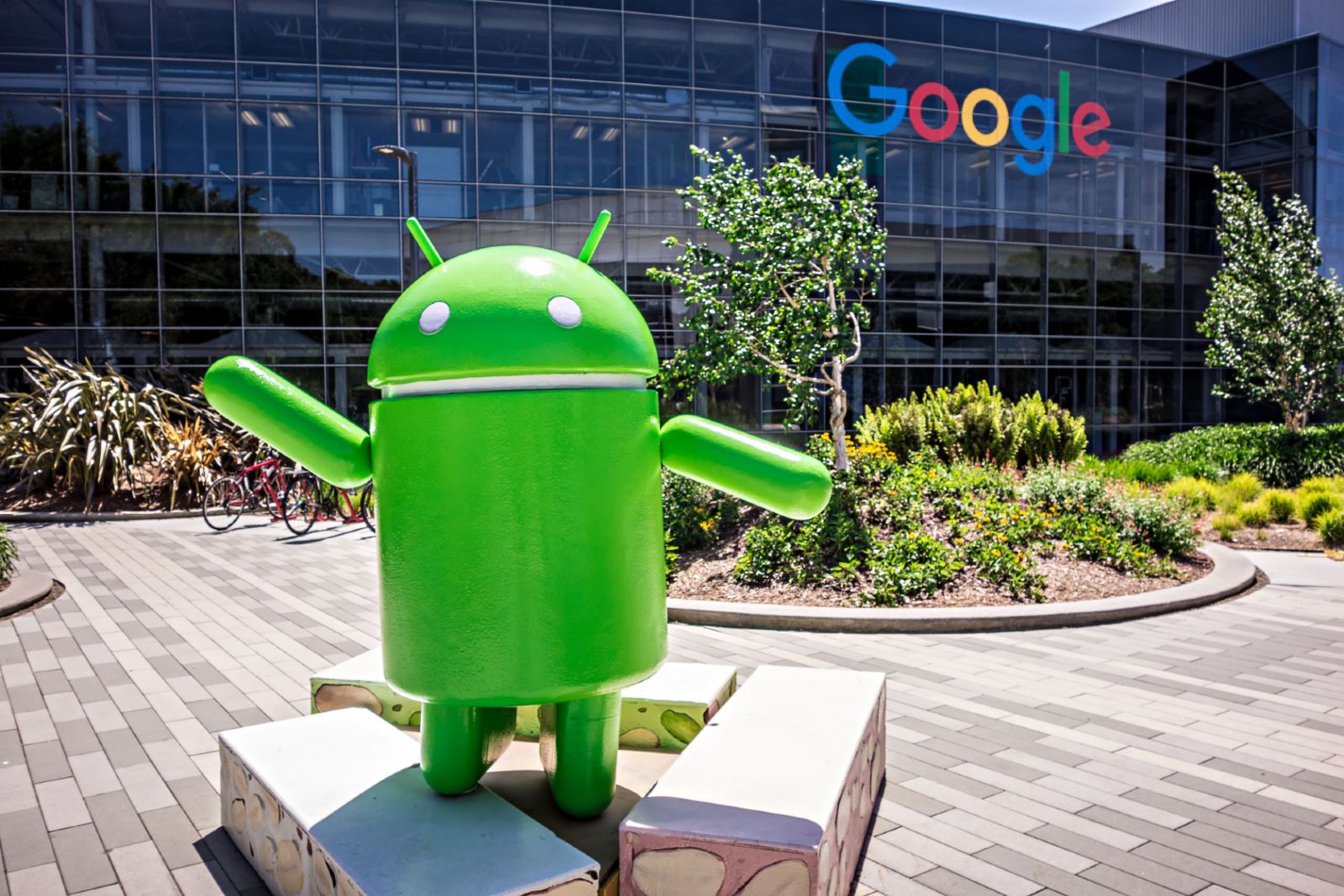
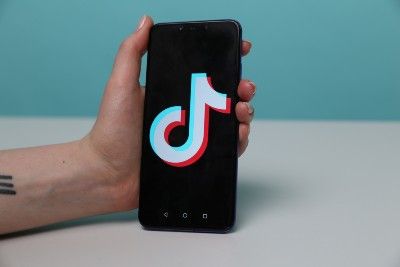



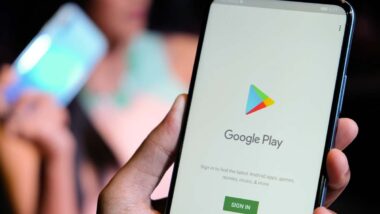


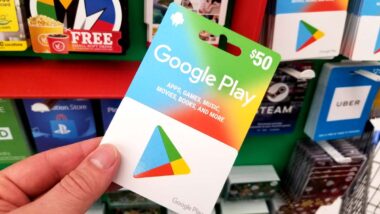




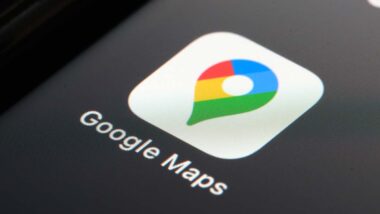


97 thoughts onAndroid Users Say Google Collects Data for Product Development
Add me please i qualify for